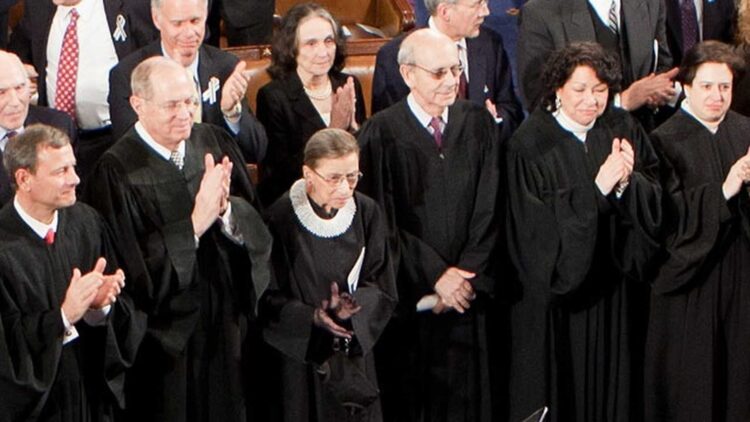Supreme Court rules in favor of religious freedoms in LGBTQ foster care dispute

The Supreme Court unanimously decided that the City of Philadelphia was not entitled to cancel a contract with Catholic Social Services, which provides foster care services but refuses to work with same-sex couples.
“CSS seeks only an accommodation that will allow it to continue serving the children of Philadelphia in a manner consistent with its religious beliefs; it does not seek to impose those beliefs on anyone else,” Chief Justice JohnRoberts wrote. “The refusal of Philadelphia to contract with CSS for the provision of foster care services unless it agrees to certify same-sex couples as foster parents cannot survive strict scrutiny, and violates the First Amendment.”
City officials in Philadelphia canceled the contract with CSS after a 2018 article was published describing their policy as being against placing children with gay and lesbian couples. They claimed the group’s policies violated the city’s anti-discrimination laws.
The Catholic agency and several foster parents then sued the city, saying the decision violated their first amendment rights to free exercise of religion and freedom of speech. The Third Circuit court of appeals unanimously ruled that the city was within its rights to end the contract, saying they were not targeting the Catholic group for its religious views. The court said the city had the right to insist that those who wish to do business with it, agree to the non-discrimination policy.
CSS argued that the city forced them to give up their religious beliefs in order to continue operating and fulfilling their mission.
“Petitioner Catholic Social Services has contracted with the City to provide foster care services for over 50 years,” the justices wrote in their decision. “Continuing the centuries-old mission of the Catholic Church to serve Philadelphia’s needy children. CSS holds the religious belief that marriage is a sacred bond between a man and a woman. Because CSS believes that certification of prospective foster families is an endorsement of their relationships, it will not certify unmarried couples—regardless of their sexual orientation—or same-sex married couples,” they added. “But other private foster agencies in Philadelphia will certify same-sex couples, and no same-sex couple has sought certification from CSS.”
In recent years the Supreme Court has made various decisions in favor and against LGBT groups. In 2015, they backed LGBT rights in the landmark decision of legalizing same-sex marriage nationwide. In June of 2020, the court also ruled that federal laws barring workplace discrimination included on the basis of sexuality, protecting gay and transgender employees.
In addition to this case, the court also defended religious rights in a 2014 ruling that allowed owners of businesses to raise their religious objections against the government.